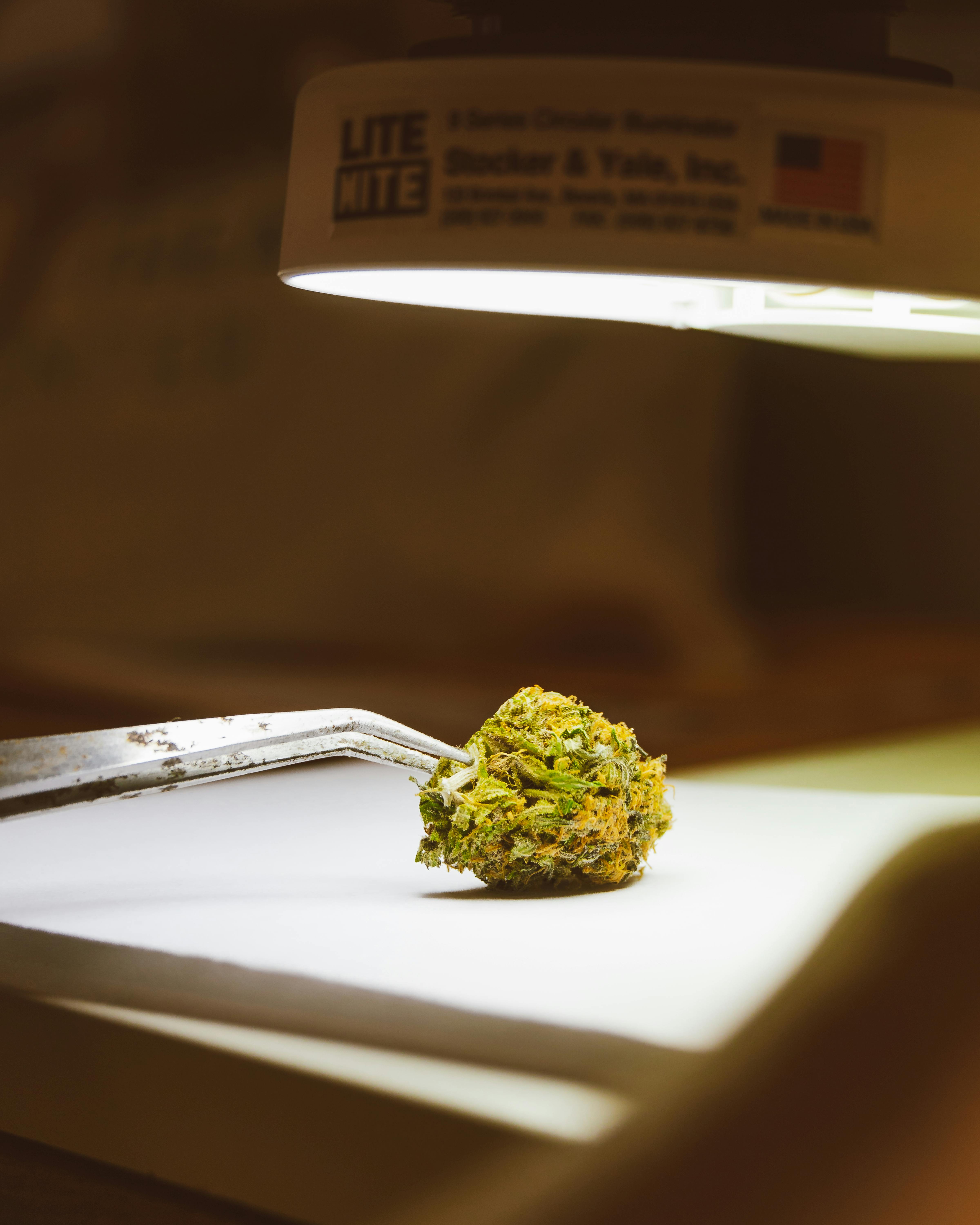How to Properly Take Bee Pollen for Maximum Benefits in 2025
Bee pollen has gained popularity over recent years as a superfood packed with nutrients that boost health and vitality. As we enter 2025, understanding how to take bee pollen properly is crucial for maximizing its benefits. Bee pollen contains vitamins, minerals, amino acids, and antioxidants, making it an excellent addition to a nutritious diet. It can support energy levels, improve immunity, and even aid in weight management. By the end of this article, you'll have a thorough understanding of how to consume bee pollen, appropriate dosages, benefits, and possible side effects, allowing you to incorporate it effectively into your daily routine.
Throughout this guide, we will explore the numerous benefits of bee pollen for health, including its role in allergy relief, immune support, skin health, and energy enhancement. We will also discuss different forms of bee pollen delivery—granules, powder, and capsules—so you can choose what works best for you. With these insights, you’ll be well-prepared to reap the maximum advantages from your bee pollen supplementation.
Let's dive into the various aspects of bee pollen and discover the best ways to take it for optimal results!
Understanding the Benefits of Bee Pollen for Health
Bee pollen is often celebrated for its diverse health benefits. It is rich in vitamins, minerals, and proteins, making it a potent supplement for enhancing overall health. The benefits of bee pollen can be segmented into several key areas:
Boosting Energy Levels with Bee Pollen
Many athletes and fitness enthusiasts use bee pollen for energy boosts. Its rich nutritional profile—especially high in carbohydrates—provides a quick energy source. Studies suggest that incorporating bee pollen into your diet can help maintain stamina during physical activities and enhance recovery afterward.
Bee Pollen for Allergy Relief
Another significant benefit of bee pollen is its potential in alleviating allergy symptoms. Bee pollen contains small amounts of local pollen, which can help desensitize the body to allergens prevalent in your area. Regularly consuming bee pollen may ease seasonal allergies and improve respiratory health, making it a great natural approach for sensitive individuals.
Enhancing Immune Support
Bee pollen is recognized for its immune-boosting properties. Packed with antioxidants, vitamins, and minerals, it helps strengthen the immune system and can assist in the fight against infections. Consuming bee pollen regularly may lead to fewer colds and flu, keeping you healthier year-round.
Skin Health and Rejuvenation
Bee pollen's health benefits extend to skin health as well. It can help with skin rejuvenation, improving texture and elasticity, and reducing signs of aging. By incorporating bee pollen into your skincare routine or diet, you may notice clearer, healthier skin.
Bee Pollen and Weight Management
Using bee pollen for weight management is becoming increasingly popular. Its nutritional content aids metabolism, allowing your body to convert food into energy more efficiently. Including bee pollen in meals can increase your sense of fullness, helping to manage cravings and support weight loss efforts.
Dosage and Recommendations for Bee Pollen
Determining the right amount of bee pollen to take is essential for experiencing its benefits without running into potential side effects. The maximum bee pollen dosage can vary depending on individual health needs and forms of pollen used.
Daily Bee Pollen Intake
For most individuals, a typical daily intake of bee pollen should range from 1 to 2 teaspoons daily. If you are new to bee pollen, it's advisable to begin with smaller dosages, such as half a teaspoon, to assess your tolerance without risking allergic reactions.
Bee Pollen and Allergies: Cautionary Measures
If you suffer from allergies, particularly to pollen, you may want to approach bee pollen consumption with caution. Start with minute quantities and monitor your body’s response. Always consult a healthcare provider if unsure about how to safely include it in your supplementation regimen.
Recommended Forms to Take Bee Pollen
Bee pollen is available in various forms: granules, powder, and capsules. Granules are often recommended for direct consumption or mixing with honey. Powdered bee pollen is excellent for adding to smoothies or baked goods. Capsules can be more convenient if you prefer a simple supplement without mixing aspects. Choose the form that suits your lifestyle best.
How to Use Bee Pollen in Your Diet
Incorporating bee pollen into your meals can be both enjoyable and beneficial for your health. Here are some strategies on how to consume bee pollen in creative ways:
Mixing Bee Pollen in Smoothies
One of the best ways to consume bee pollen is by mixing it into your smoothies. Adding a teaspoon of bee pollen granules or powder to your favorite fruit smoothie can enhance its nutritional profile while providing an energy boost. The sweetness of fruits and the granular texture blend perfectly, making it delicious and nutritious.
Bee Pollen in Baked Goods
Another creative way to use bee pollen is by incorporating it into your baking recipes. Sweet treats such as muffins, energy bars, or cookies gain added health benefits when mixed with bee pollen. This method not only enhances flavor but also provides a superfood punch!
Adding Bee Pollen to Yogurt
Stirring bee pollen into yogurt is a simple and effective way to enjoy its effects. It pairs well with fruit-flavored yogurts and can even be combined with honey. This combination not only provides flavor but also improves digestibility and nutritional value.
Potential Side Effects of Bee Pollen
While bee pollen is beneficial, it’s important to be aware of its potential side effects. Understanding these can help you enjoy it safely.
Allergic Reactions and Precautions
Since bee pollen contains small amounts of pollen from various flowers, it can trigger allergic reactions in sensitive individuals. Symptoms may include breathing difficulties, itching, and swelling. If you experience any of these symptoms, discontinue use and consult a medical professional immediately.
Interactions with Medications
Bee pollen may interact with some medications, particularly those related to blood thinners or immunosuppressants. If you are taking any medications, consult your doctor before integrating bee pollen into your regimen to avoid adverse interactions.
Where to Buy Quality Bee Pollen
When sourcing bee pollen, it's essential to choose high-quality products to reap the full benefits. Local organic markets or health food stores often stock raw bee pollen from reputable suppliers. Alternatively, many online retailers provide a multitude of options, including bee pollen granules, powder, and capsules.
Choosing Organic Bee Pollen Brands
When buying bee pollen, opt for organic brands to ensure you receive a product free of pesticides and synthetic additives. Researching product reviews and sourcing information can help you make informed choices about the best options available in the market.
Storing Bee Pollen Properly
To maintain the freshness and potency of bee pollen, store it in a cool, dark, and dry place. It can be stored in an airtight container in your refrigerator for extended life, ensuring you can access its benefits longer.
Q&A: Common Questions About Bee Pollen
How much bee pollen should I take daily?
The recommended daily intake ranges from 1 to 2 teaspoons. Always start small to assess your individual tolerance.
Can bee pollen help with skin issues?
Yes! Bee pollen can improve skin health due to its antioxidant properties, aiding in skin rejuvenation and clarity.
Is bee pollen safe for children?
Generally, bee pollen is safe for children when taken in appropriate dosages. However, consult a pediatrician if you have concerns regarding allergies.
What are the best ways to consume bee pollen?
You can consume bee pollen by adding it to smoothies, yogurt, or baked goods. It can also be taken in capsule form for convenience.
What are the side effects of bee pollen?
Some individuals may experience allergic reactions or digestive discomfort. Always consult a healthcare provider if you have concerns.


